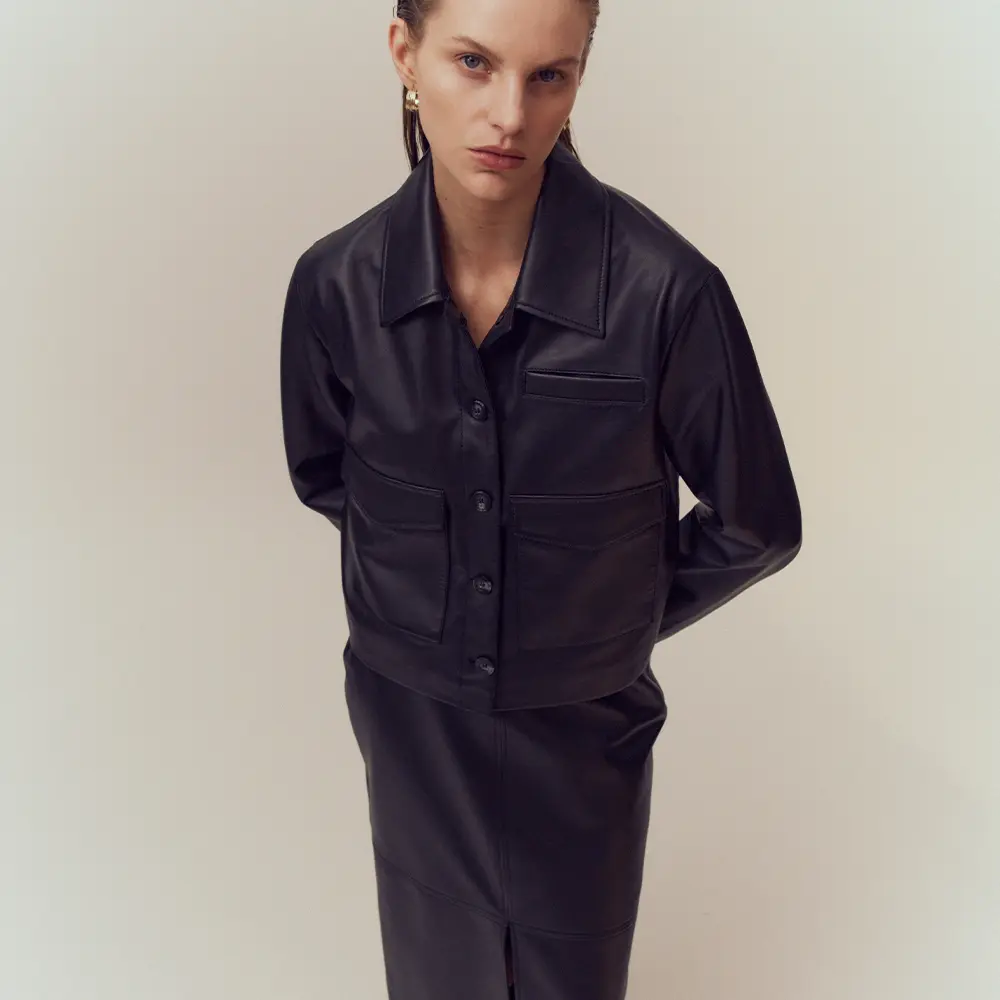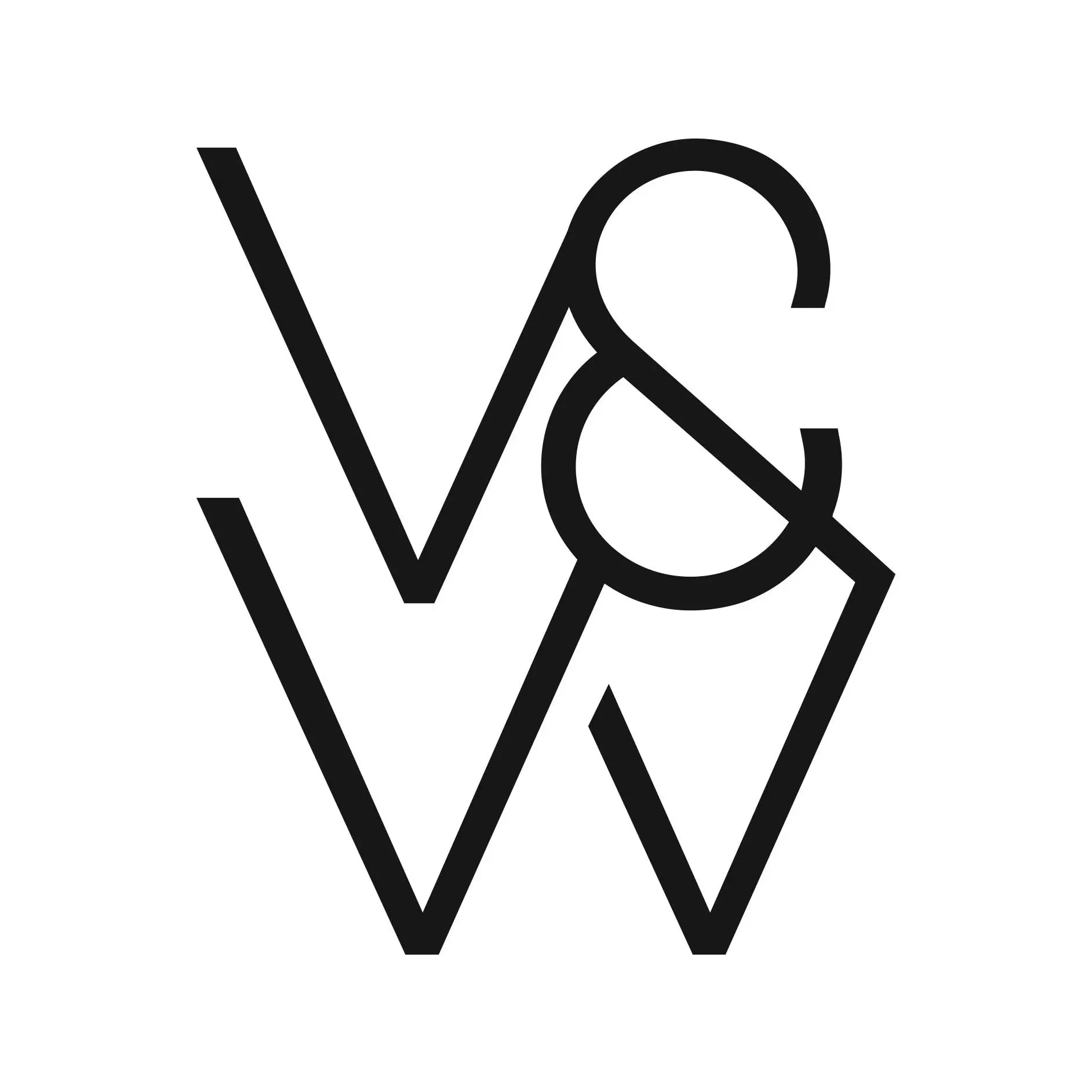Our Preferred Fibres


OUR PREFERRED FIBRES
OUR PREFERRED FIBRES
Essential to Viktoria & Woods and heralded as one of the most versatile fabrications. Cotton is a resourceful fibre able to be rendered into multiple styles. Cotton is a natural fibre which breaks down over time, leaving minimal lasting impact on the planet.
Our preferred cotton:
Organic Cotton
Organic cotton is grown from non-genetically modified seeds, without the use of toxic fertilisers or pesticides. We prefer to use organic cotton for its lower impact on the environment, including:
- Protection of local habitats and soil
- Less energy and less CO2 emissions than conventional cotton
- Less water intensive than conventional cotton
Wool is one of the most sustainable natural fibres. It is renewable, naturally biodegradable, and possesses self-cleaning and moisture wicking properties allowing it to breathe even in the warmer months.
Our preferred wool:
Merino Wool
Merino Wool is quintessential to the Viktoria & Woods brand, beginning with the brand in 2004 and proudly knitted in Melbourne. We use an extra fine quality count of 19.5 microns for our relaxed fully fashioned knits, and a superfine 17.5 micron for our lightweight layering knits.
Responsible Wool Standard
Responsible Wool Standard is an internationally leading certification ensuring farmers meet animal welfare, land management, and social standards in the production of wool.
Recycled Wool
Recycled wool is made up from post and pre consumer products from landfill, repurposed into new premium fabric. This wool has all the traditional benefits of wool, in a circular system to save water, land and chemical use, with all the benefits of virgin wool.
We prefer recycled wool with Global Recycled Standard (GRS) certification to guarantee the fabric meets high material and manufacturing standards, ensuring socially responsible, environmentally sustainable and using safe chemical practices.
Bluesign
Bluesign certification is a holistic system to ensure the responsible production and manufacturing of sustainable textiles. This initiative aims to address the environmental consequences of the textile production process and reduce harmful chemical impact on people and the planet and ensure consistent transparency and traceability of all processing steps.
A delicate natural fibre that wears beautifully. Our silk is manufactured to the highest ethical standards using premium materials and artisanal skills, and is certified by OEKO-TEX ethical practices standard. The dye house has the same OEKO-TEX certification, ensuring no harsh chemicals are being used to create our colours and prints.
Spun from tiny cotton fibres, cupro is a vegan silk and a bi-product of the cotton industry. Made in Japan, our cupro blend has added strength and durability. It is manufactured to strict environmental standards with Global Recycled Standards (GRS) certification.
Our heavy weight cupro is often blended with Triacetate, a sustainable fibre from regenerated wood pulp, with FSC certification to ensure sustainable forest management practices.
Our sustainably sourced Napa leather offers superior softness whilst maintaining the highest standard in environmental and animal welfare practice of the Leather Working Group. Our leather is a bi-product of the meat industry to ensure minimal waste and is tanned by a small family run business in Turkey.
Our Denim is made from cotton and is occasionally blended with elastane to encourage stretch and recovery. The design team works closely with our suppliers to create bespoke finishes, carefully considered for premium results.
Surplus stock, also known as Deadstock, describes leftover fabrics which have not been used for its original purpose. Often a result of over ordering or overproduction by the textile mills. Utilising surplus stock is a great way to significantly lessen our environmental impact by using what is already available, rather than creating something new.
Fabric waste is a complicated problem for the fashion industry. Using surplus stock with our classic silhouettes and commitment to longevity of garments further extends the life of this fabric and keeps it out of landfill.
We source our surplus stock from premium suppliers which also allows us to tap into luxury fabrics we may have been unable to source as bulk.
A modern fibre made up of recycled plastics. The use of non-virgin synthetics allows us to embrace the benefits of polyester such as durability and crease resistance without damaging the environment in the same way conventional polyester is made. Recycled polyester is one of our circular fibres and imperative to improving circulatory within the textile industry. We prefer to use Global Recycled Standard certification in our recycled polyester products to ensure best practice industry standards and transparent recycling process.
For comfort and performance, we select nylon for our Athletics range, opting for recycled nylon where possible. Recycled Nylon diverts waste from landfills and its production uses much fewer resources than virgin nylon including water, energy. Commonly sourced from old fishing nets and synthetic furniture coverings, recycled nylon has all the benefits of traditional nylon, without the impact on the planet. Increasing our use of recycled fibres also contributes to circular design within the industry and improves quality of recycling processes through increased demand.
Viscose is a fibre derived from wood pulp and is known for its durability and versatility.
Our preferred viscose:
Lenzing ecovero
Our preferred viscose is Lenzing Ecovero certified to ensure responsible sourcing of renewable wood and transparency throughout the supply chain. Lenzing Ecovero maintains high environmental standards compared to traditional viscose manufacturing. Including:
up to 50% lower water impact by cleaning the water before returning to nature
up to 50% lower CO2 emissions produced
Forest Stewardship Council
Our additional preferred viscose is certified with Forest Stewardship Council (FSC) to ensure the wood pulp used is exclusively sourced from local, legal and sustainable forests - promoting the protection of ancient and endangered forests.
Viscose Bamboo
Viscose bamboo is a regenerated fibre made from the pulp of the bamboo plant, using significantly less water to farm than traditional viscose based fibres. Unique fibre advantages of bamboo include natural antibacterial properties and durability, it is also breathable and easy to care for. We purposely blend a percentage of polyester to stabilise the yarn. This helps give the fibre longevity and durability.
Tencel TM is a premium fibre derived from renewable wood pulp sources in a closed loop system. It produces significantly lower energy, water and chemical than traditional methods and is biodegradable. Exquisitely soft and remarkably durable, Tencel TM is a versatile fabric that is kinder to the planet.
We use Responsible Down Standard certified down in our puffers to ensure the highest possible standards in animal welfare and protection.
INTERNATIONAL FIBRE CERTIFICATIONS
The Global Organic Textile Standard (GOTS) is the world leading textile processing standard for organic fibres. The standard sets requirements for every step in the supply chain, including ecological and ethical labour practices of producing raw materials.
Oeko-tex 100 is an internationally recognised textile certification to ensure ethical practice standards and no use of harsh or harmful chemicals.
Global Recycle Standard certification ensures the appropriate use of pre and post-consumer materials with the manufacturing supply chain. This helps guarantee appropriate percentage and sourcing of “recycled” components.
GRS further ensures social and environmental requirements, including good working conditions, better ecological impacts and significantly reduces the use of harmful chemicals.


